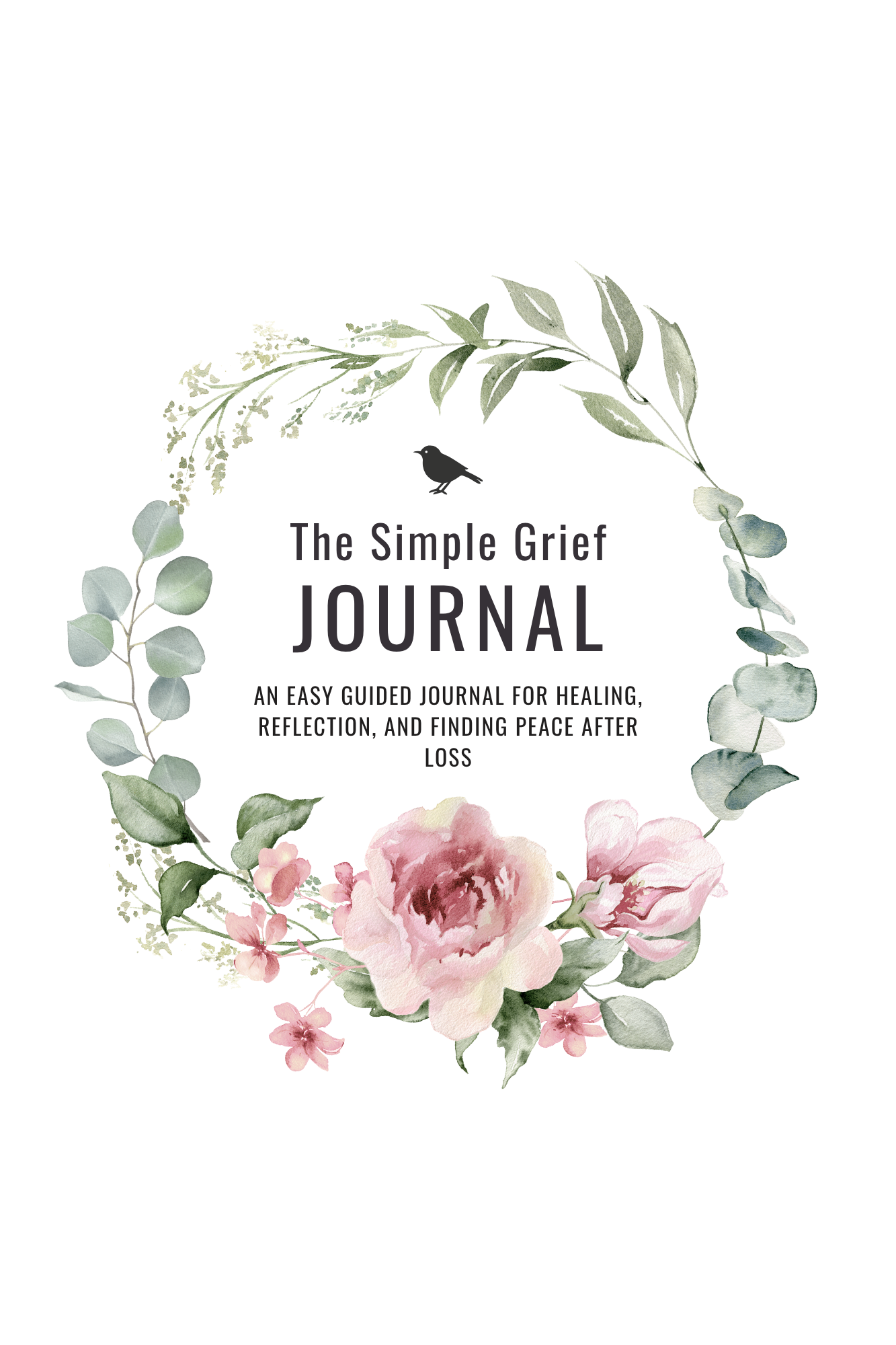- Home
- What to say
- flower messages
Bereavement Flowers Messages

Bereavement flowers message ideas, a brief guide to thoughtful, sincere things for you to write for different scenarios.
When someone dies, words often feel inadequate.
Flowers offer a lovely gesture of care, but it's the short message on the accompanying card that attempts to put the unspeakable into words.
Whether you're sending a bouquet to a funeral, a memorial, or the home of the bereaved, choosing the right bereavement flower message matters.
You don’t need to be poetic or profound. A short, sincere note written with care can offer more comfort than you might expect.
This brief guide offers practical help, example phrases, and tips for writing your own message, especially if you want to avoid language that feels clichéd, overly sentimental, or impersonal or you feel you might get things wrong.
Why the message matters
Flowers speak their own sweet language.
Lilies for peace, white roses for reverence, greenery for continuity. But it’s your message that makes the gesture personal.
In just a few lines, you’re aiming to:
- Acknowledge the loss
- Offer sympathy or support
- Honour the memory of the person who has died
The message needn’t be elaborate. In fact, keeping it simple often makes it more genuine.
Before you begin: consider the context
Before you start writing, pause to reflect on the situation and your relationship to those involved. Ask yourself:
- Who are you writing to? Is the message addressed to the family, to the deceased, or to a specific person?
- What tone is appropriate? Aim for sincerity. Unless you know the person well, avoid humour or overly casual language.
- Are you speaking for a group? If the flowers are from a company, club, or family group, use inclusive language (“we,” “us”) and include the group’s name in the sign-off.
Keep in mind that the card will often be displayed at a funeral or read privately by grieving family members.
Let that guide the tone, calm, kind, and clear.
Thoughtful bereavement flowers message examples
Here are some examples grouped by tone and situation.
These can serve as inspiration or be used as they are, but it is a jumpstart for you,
Simple and respectful to cover all eventualities
- With deepest sympathy
- In loving memory
- You are in our thoughts
- With heartfelt condolences
- Thinking of you during this difficult time
Personal and sincere about the person
- You were so loved and will never be forgotten
- Remembering your kindness and warmth
- Holding you in our hearts with love and remembrance
- A beautiful soul, deeply missed
- Thank you for the memories and the light you brought
Addressed to the bereaved directly
- Thinking of you and sending strength in the days ahead
- With love and sympathy as you remember [Name]
- May you find comfort in your memories
- We are so sorry for your loss [Name] was truly special
- Sending peace and love from all of us
From a group or organisation situation
- With heartfelt condolences from all of us at [Company/Group Name]
- In memory of a valued friend and colleague, our thoughts are with you
- Remembering [Name] with respect and gratitude
- From all your friends at [Group Name], with deepest sympathy
- Our warmest thoughts are with your family at this time
Tips for writing your own bereavement flowers message
Not every situation fits into a template.
If you want to write your own message from scratch but aren’t sure where to start, here are some guiding principles:k
Keep it brief
Card space is limited. Aim for 1–3 short lines. You don’t need to explain everything, just offer a note of support or remembrance but like you have thought about it.
Be sincere, not sentimental
Avoid phrases that feel empty or rehearsed. “Time heals all wounds” or “They’re in a better place” can sound dismissive.
Focus instead on honest emotion: “You’re in my thoughts,” or “She will be missed.”
Use the person’s name
Where possible, include the name of the person who has died. It feels more personal and acknowledges their presence:
“In loving memory of James”
“Remembering Sarah and all the joy she brought”
Mention a personal quality or memory (if appropriate)
If you knew the person well, mention something specific:
“Her kindness will always stay with us”
“We’ll remember his laugh and the warmth he brought into every room”
This doesn’t need to be poetic.
A few plain words can be more powerful than polished prose, grieving people need their loved one to be memorable to others.
It is the considered thought that counts
Be mindful of beliefs
Avoid religious or spiritual language unless you know the beliefs of the bereaved.
A message like “Rest in peace” is widely acceptable, but references to heaven or faith should be used with care.
Use google to find out more about cultural ways of dealing with bereavement
Sign off with warmth
Choose a simple, kind sign-off. Depending on your relationship, you might use:
- With love if appropriate
- Thinking of you,
- With sympathy,
- From all of us at [Name]
Always include your name or the name of the group so the recipient knows who the flowers are from.
They may receive a lot of them and it helps with sending thanks.
I got a lot for my mum, and I took all of the tags and messages from them, kept them and then sent a thankyou note to everyone who had been kind enough to send flowers
I also took a note of what the flowers were so I could be sure to let the person know, I knew what bouquet of flowers they had sent to us and made the note that bit more personal.
When you are not sure what to say
Some moments leave us unsure of what’s appropriate.
If you’re struggling to find the right words, remember:
- Silence isn’t failure. A few sincere words are enough.
- The gesture speaks volumes. The flowers themselves carry your message of care.
- It’s okay to be understated. "With sympathy" may not sound original, but it can still be deeply comforting when offered with honesty.
If all you can manage is a short phrase and your name, that's absolutely fine, people will know if you are an introverted soul you might just be introverted in your message as well, or vice versa.
Words and phrases to use carefully
While everyone grieves differently, certain phrases may feel unhelpful or jarring during a raw time.
Here are a few to approach with caution:
- “Everything happens for a reason”
- “At least they lived a long life”
- “Heaven gained another angel”
- “You’ll feel better soon”
These may be well-intentioned, but they can feel dismissive and frankly, no one wants to hear it right now. They are focused on their immediate grief.
It’s more comforting to acknowledge the loss, use the persons name and offer presence rather than a particular perspective.
A last thought
Writing the perfect bereavement flowers message is not about finding the perfect words, it’s about offering a quiet gesture of care.
Whether you're grieving alongside the family or expressing support from afar, simple but thoughtful words, with your flower gifts, written with clarity and sincerity can offer true comfort.
If you speak from a place of compassion, your words, no matter how few, will be enough.


